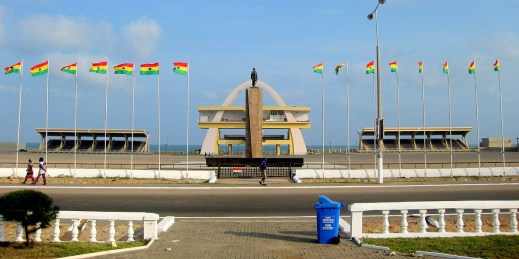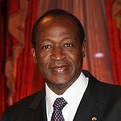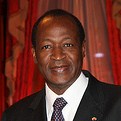
On Nov. 5, 2010, Ghana Statistical Service, the country’s government statistics office, announced that it was revising its gross domestic product (GDP) estimates upward, and as a result Ghana’s GDP per capita almost doubled. The country was upgraded in an instant from a low- to lower-middle-income country. A sense of bewilderment and confusion arose in the development community. When did Ghana really become a middle-income country? What about comparisons with other countries? Shanta Devarajan, the World Bank’s chief economist for Africa, struck a dramatic tone in an address to a conference organized by Statistics South Africa, calling the state of […]



